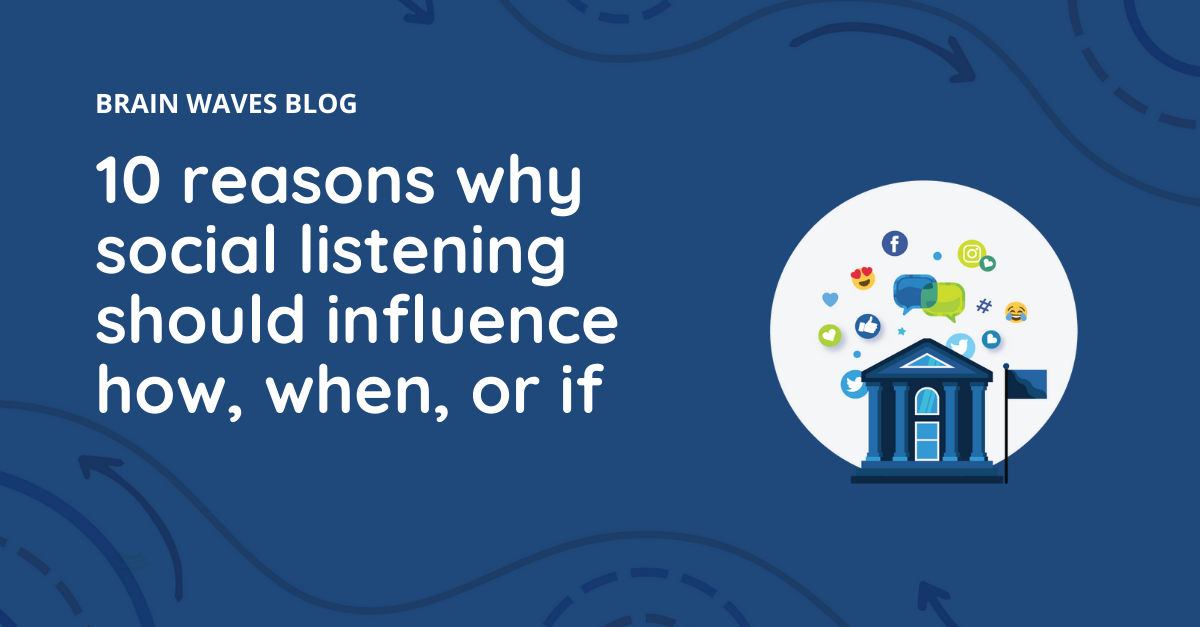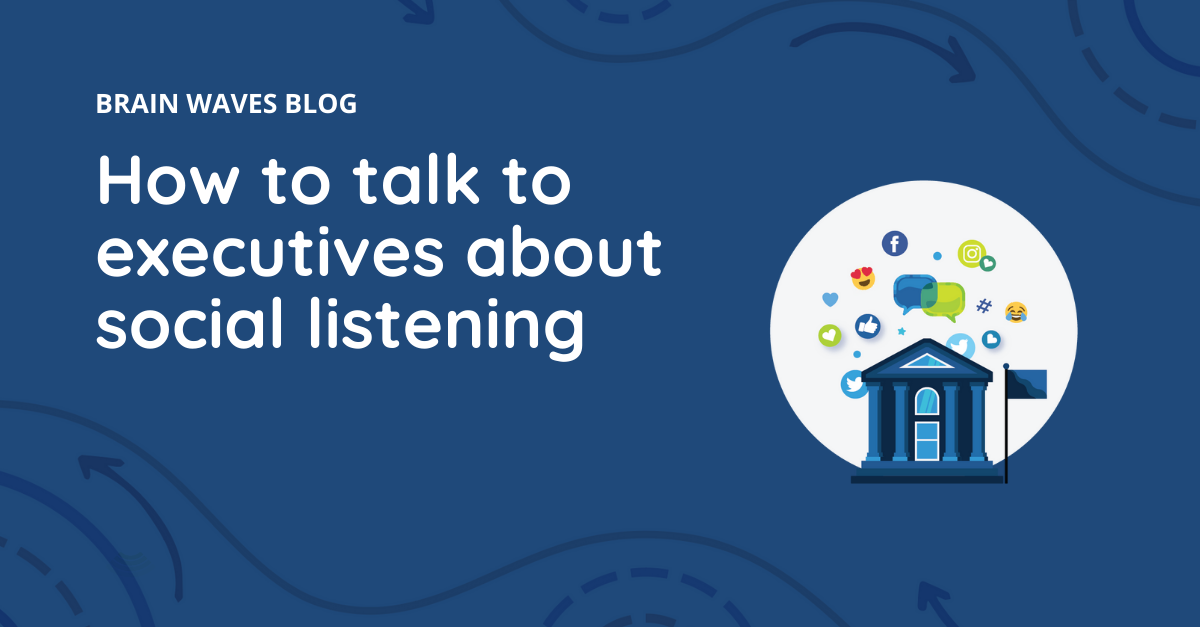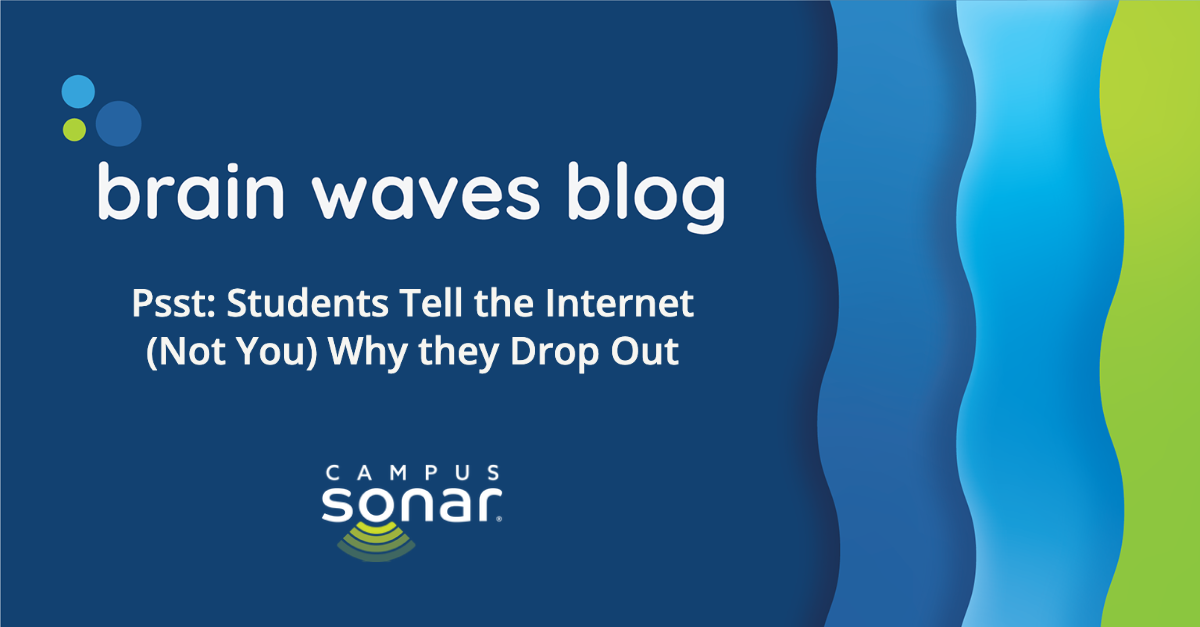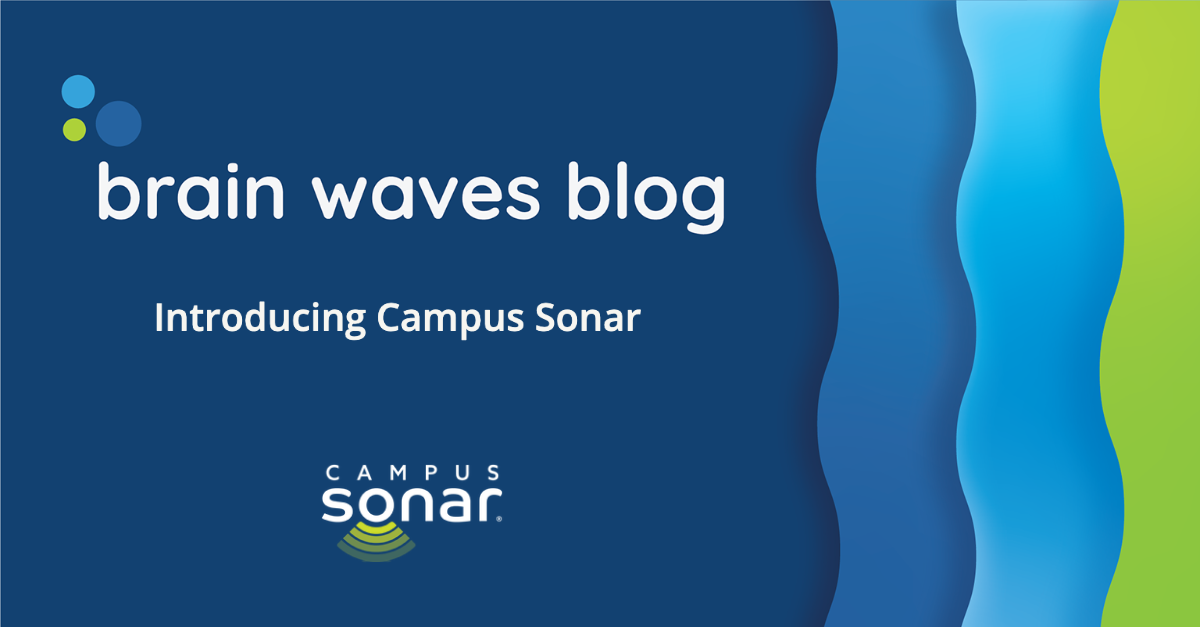
10 reasons why social listening should influence how, when, or if
October 3, 2018
Even if you haven't seen the musical "Hamilton," its songs and memes are hard to escape.
You've likely seen the one in which Alexander Hamilton's political rival Aaron Burr tells him to "Talk less, smile more." Though not a motto I tend to live my life by IRL, it's the first thing that comes to mind when considering the importance of social listening for strategic marketing and communication.



